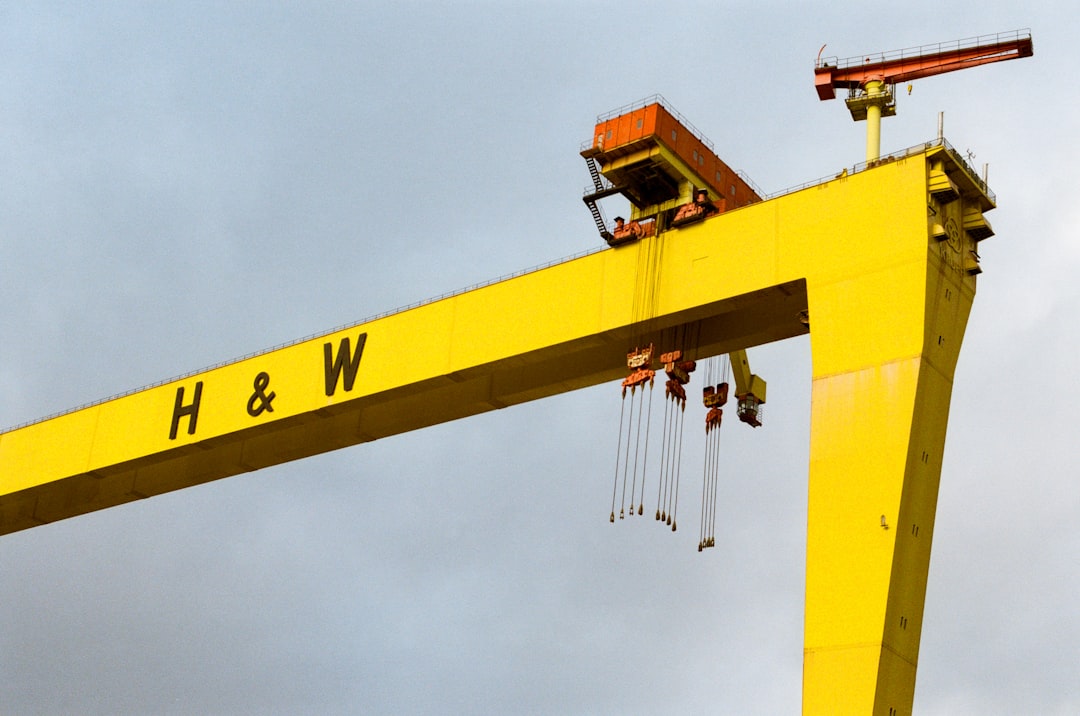Automation is revolutionizing the manufacturing industry in ways that were previously unimaginable. Gone are the days when human hands were the primary workforce on factory floors, as robots and other automated machines are increasingly taking over tasks that were once performed by humans. This shift towards automation is transforming the manufacturing industry and is having a significant impact on businesses, workers, and the economy as a whole.
One of the biggest benefits of automation in the manufacturing industry is increased efficiency and productivity. Machines can work continuously and tirelessly without the need for breaks, leading to faster production times and lower costs. This means that companies can produce more goods in a shorter amount of time, allowing them to meet customer demand more quickly and stay competitive in the marketplace. Automation also reduces the risk of human error, leading to higher quality products and fewer defects.
However, with the rise of automation comes the concern of job displacement. As machines take over more tasks, traditional manufacturing jobs are becoming obsolete. While this can lead to cost savings for businesses, it also means that many workers are at risk of losing their jobs. This has led to fears about the future of employment in the manufacturing industry and the potential impact on the economy.
Despite these concerns, automation also presents new opportunities for workers in the manufacturing industry. While some jobs may be lost to automation, new roles are being created to design, program, and maintain automated systems. This requires workers to develop new skills and adapt to the changing nature of the industry. As automation continues to evolve, workers will need to be trained in areas such as robotics, computer programming, and artificial intelligence to remain competitive in the job market.
Another important impact of automation on the manufacturing industry is increased safety. By taking over dangerous and repetitive tasks, machines are reducing the risk of workplace injuries for workers. This has led to a decrease in workplace accidents and a safer working environment overall. In addition, automation can also improve the overall sustainability of the manufacturing industry by reducing waste, energy consumption, and emissions.
In conclusion, the impact of automation on the manufacturing industry is undeniable. While there are both benefits and challenges associated with the rise of automation, one thing is clear: the industry is undergoing a significant transformation. Companies that embrace automation and invest in new technologies will be better positioned to thrive in the future, while workers will need to adapt and acquire new skills to remain competitive in the job market. As we navigate this new era of manufacturing, it will be important to balance the benefits of automation with the need to support and retrain workers who may be affected by these changes.

